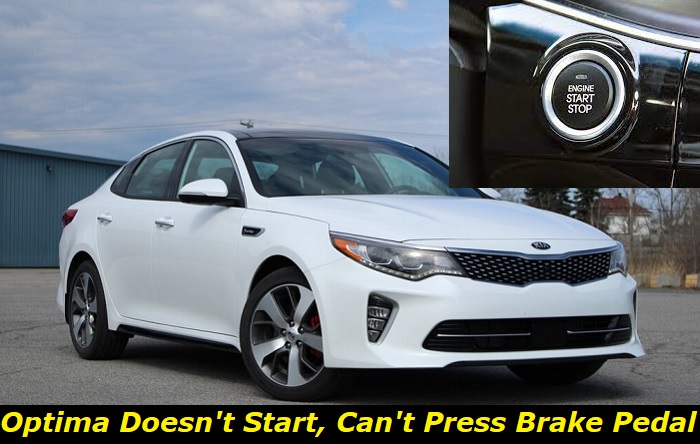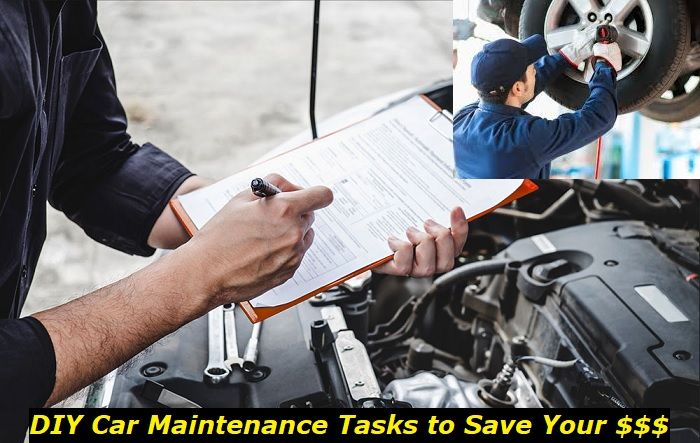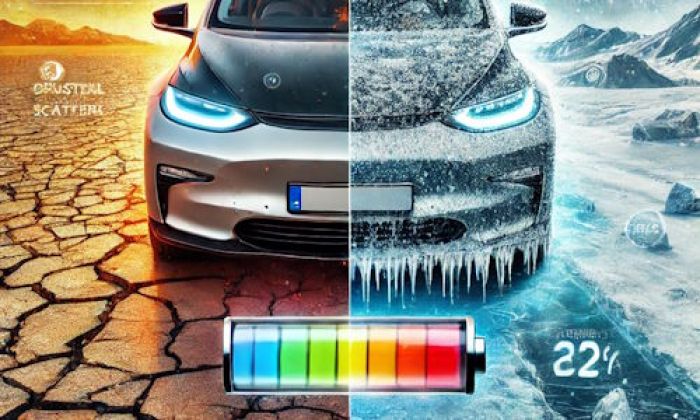A common problem every driver has experienced is difficulty starting the car. You might suddenly find yourself unable to start your engine one morning. You might also find that your brake has become stiff or hard to press down. It could sound odd, but these two things are connected.
No-start and stiff brake problem highlights
- Level of urgency:Medium
- Can you drive?Obviously, no
- DIY inspection:Possible
- DIY repair:Impossible
- Price for repair:$350 - $800
- Common Reasons:Engine won't start, vacuum won't build up
- Ways to fix:Solve the no-start issue, thebrake pedal will be solved automatically

Cause of Your Car Not Starting and Brake Not Depressing
On the surface, it might seem like your car won't start because there's something wrong with your engine. However, the real cause of the issue is a problem with your brakes that won't let the pedal depress. Your Optima will not start if the brake pedal is not depressed far enough to complete the starting circuit. This is a safety feature that is built into most modern cars.
There are a few things that could go wrong with your brakes to cause this issue. Some of these problems are easy to fix and can be dealt with. If the problem is more severe, you may need a mechanic.
- Exhausted Brake Vacuum
The most common cause is that your brake booster has lost pressure. Your Kia Optima has power brakes that use a vacuum to multiply the force that you apply to the brakes. This vacuum is generated by the engine's vacuum pump, so the brake booster only has a vacuum when the car is on.
When your car is off, there is still a little vacuum stored in the brake system. But when you press the brakes, this remaining vacuum is quickly exhausted. Once the vacuum runs out, the power assist is gone, making it much more difficult to depress the brake pedal.
If you hold down the brake for too long before starting the car you will exhaust the vacuum in the brake booster. When this happens, your brake pedal will become stiff and difficult to press.
- Faulty Power Brakes
Another cause of a hard brake pedal is faulty power brakes. There's a notable difference between damaged power brakes and an exhausted brake vacuum. The key is that damaged power brakes will still feel stiff when the car is on. If your brake vacuum is exhausted, then you'll feel your brakes soften up once the engine starts running.
Apart from a stiff brake pedal, another sign of a faulty brake booster is weaker braking. If your car takes longer than usual to get to a stop, then you need to have your brakes examined.
There are a lot of things that can go wrong to cause your power brakes to fail. You'll need to take your car to a mechanic to figure out what exactly is wrong. It is important to repair the brakes as soon as possible, as the car is unsafe to drive in this condition.
Solutions for this problem
Usually, this problem is no cause for worry. Depending on the cause of the issue, you can easily solve it in less than a minute on your own. However, if your brakes are faulty, you may need to get a mechanic to look at your car.
You can easily diagnose the cause of the issue by following the procedures listed below.
- Press the Brakes Forcefully
It might sound like obvious advice, but sometimes the way to get the car started is to really push on the brakes. If you can apply enough force, you may be able to get the brake down far enough to complete the starting circuit. It is difficult to get the brake down far enough without the assistance of the brake booster, so it might be a better idea to try another method instead.
To do this, you will need to press down as hard as you can on the brake. Once you've pushed the brake down as far as you can, try to start the car. If the car doesn't start, don't be alarmed. This method is not very reliable, and you can go ahead to try the next method.
- Start the Car Without the Brake
If your Optima won't start because you can't get the brakes down far enough, then you have the option of overriding the ignition and starting the engine without the brakes. The process is very quick and takes less than a minute.
First, you need to make sure that you are not pressing down the brake anymore. After that, press the push start button once, then push and hold it again for ten seconds. Don't press down on the brake at all while you do this.
If you've followed these steps correctly, your engine should roar to life. Once the engine has started, your brake booster will activate, and your brakes will soften up.
- Leave the brakes to rest
If you've been pressing the brakes often while trying to start the car, you may have exhausted the vacuum in your brake booster. The brake booster will not replenish the vacuum if the engine is not running. However, it is possible to restore some vacuum without starting the car.
To do this, you simply need to stop pressing the brakes for a few minutes. When you let the brake rest for a few minutes, the pressure in the brake lines will bleed off. If you've waited long enough, you should feel the brakes have softened up again.
This method requires a bit of waiting and might take longer in some cars than in others. This is why it is preferable to try another method first, like overriding the ignition.
- Go to a Mechanic
If all the steps above have failed, then it's likely that you have a problem with your brake booster. The brake system is very complicated and consists of a lot of different parts. Without technical knowledge, it would be difficult to diagnose or repair the cause of your faulty brake booster.
If you've tried every other method without success and you're certain that your brakes are faulty, then you'll need to get your car to a mechanic. The mechanic will let you know what needs to be repaired or replaced.
Faulty brakes must be handled promptly because the car is unsafe to drive with the brakes in this condition. The safety of yourself, other drivers, and pedestrians are at risk when you drive with faulty brakes.
Prevention
You might have solved the problem and gotten your car to start, but there is always the possibility of this issue coming up again. Now you know how to deal with it, but you can also save yourself the hassle of having to fix the problem again by learning how to prevent it from coming up in the first place.
- Don't Press the Brake When the Car is Off
The power brake booster in your car deactivates once your engine goes off. Usually, there is enough vacuum left in the booster to assist you in pressing the brakes a couple of times. Once you press your brakes one or two times with the engine off, you'll find that they have become stiff and hard to press down.
To prevent this from happening, you should avoid pushing down on your brake after the engine has shut off. Make sure not to hold down the brakes for too long when starting your car, or you'll use up the vacuum. Tap the brakes shortly before you push the ignition in your car, and you won't run the risk of disabling your brake booster.
- Get Your Brakes Serviced Regularly
The best way to prevent surprise issues from popping up in your car is to have it serviced regularly. This goes for your brakes as well. The brake system is certain to wear down over time. Checking your brakes frequently will help you keep them in working order, and you won't be caught unaware by vacuum leaks or a faulty brake booster.
It is recommended that you have your brakes checked every 20,000-60,000 miles. You may need to check your brakes more often than this depending on the type of roads you regularly drive.
Conclusion
If you're having trouble starting your car, and your brakes seem stiffer than normal, then you can relax. Your engine is most likely fine, you probably just need to deal with your brakes. There are a few issues that can cause your brakes to get stiff, but knowing what to look for and how to deal with them can get you back on the road in no time.
Knowing how to prevent this problem from coming up can also keep you from having to deal with this inconvenience. Proper brake maintenance can keep your brakes in good order for a long time. It will also keep you safe from brake failure.
About the authors
The CarAraC research team is composed of seasoned auto mechanics and automotive industry professionals, including individuals with advanced degrees and certifications in their field. Our team members boast prestigious credentials, reflecting their extensive knowledge and skills. These qualifications include: IMI: Institute of the Motor Industry, ASE-Certified Master Automobile Technicians; Coventry University, Graduate of MA in Automotive Journalism; Politecnico di Torino, Italy, MS Automotive Engineering; Ss. Cyril and Methodius University in Skopje, Mechanical University in Skopje; TOC Automotive College; DHA Suffa University, Department of Mechanical Engineering






Add comment